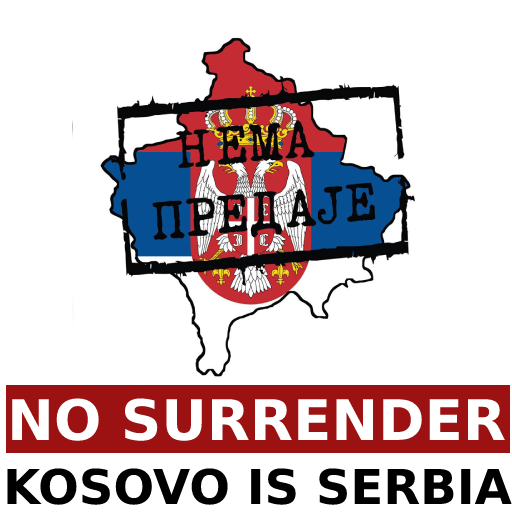English Language Grammar
English grammar is the way in which meanings are encoded into wordings in the English language. This includes the structure of words, phrases, clauses, sentences, and whole texts.
Grammar, Dictionary, Definitions, Meanings, Synonyms, Phrasal Verbs and much more
The Open Dictionary refers to a dictionary or lexicon that is open to contributions from the public. It is similar to a traditional dictionary in that it provides definitions of words, but it differs in that anyone can submit new entries or edit existing entries.
The goal of an open dictionary is to provide a collaborative and constantly evolving resource that reflects the current use and understanding of language by its speakers. Entries can be added, modified, or deleted by anyone with access to the platform, allowing for a more democratic and inclusive approach to language definition and representation.
The definite articles before names of the rivers, seas, oceans and chains of mountains
Before names of the rivers, seas, oceans and chains of mountains. It’s good practice to use the word river / lake before to avoid ambiguity.
The Simple Future Tense
The simple future tense denotes an activity which will take place in the future, definite or indefinite.shall + infinitive will + infinitive
Comparison with more and most
Long adjectives are compared by means of more and most:
The Use Of Verb Forms
The Use Of Verb Forms | English Language Grammar, Dictionary, Definitions, Meanings, Synonyms, Phrasal Verbs and much more
The Simple Present Tense
The simple present tense denotes a future activity which is considered as a part of a programme already fixed. It is usually accompanied by some adverbial.
The Present – Conditional Sentences
Conditional Sentences expressing a condition which cannot be fulfilled in the present, i.e. at the moment of speaking, or the possibility …
Used – Past Time
Used refers to a past practice or habit or state and is often used to indicate that something was done or existed in the past that is not done or does not exist at the present
The Gerund
The Gerund has both noun and verb properties.Noun properties of a GerundA gerund may functions as subject of the sentence
The Imperative Mood
The Imperative Mood express a command, a order, a request, a warning, or an invitation. Examples Let’s go !Hurry Up !
Indirect Questions
Indirect questions – When reporting questions, the reporting verbs say or tell are replaced by ask, inquire, wonder or want to know.
The Plural of Compounds
The Plural of Compounds | Compound nouns form their plural by adding -s to the principal word. In compounds with man/woman both words are pluralise.
Adverbials
Adverbials comprise both adverbs and adverbial phrases.
According to the meaning adverbials are classified as adverbials of place, time, number, degree, manner, etc.
It’s very difficult to determine the position of adverbials in the sentence. However, there are some fixed rules about adverbials.
Difference Between Right and Wright
Grammatical Category Right is a noun, adjective, adverb and a verb. Wright is a noun. Meaning Right can mean Morally correct or acceptable Opposite of left Legal entitlement etc. Wright is a builder or maker. Usage Right is […]
Check This TipCollective nouns
Group words or collective nouns take a singular verb if you are talking of the group as a whole. They take a plural verb if you are talking about the individual members of the group.
Check This TipBeside and besides
Beside means ‘next to‘ something or ‘by‘ something it’s a meaning of beside. And beside is a preposition. Examples I sat beside my beautiful wife. Who is that singer who was beside David on stage ? Besides is […]
Check This Tip